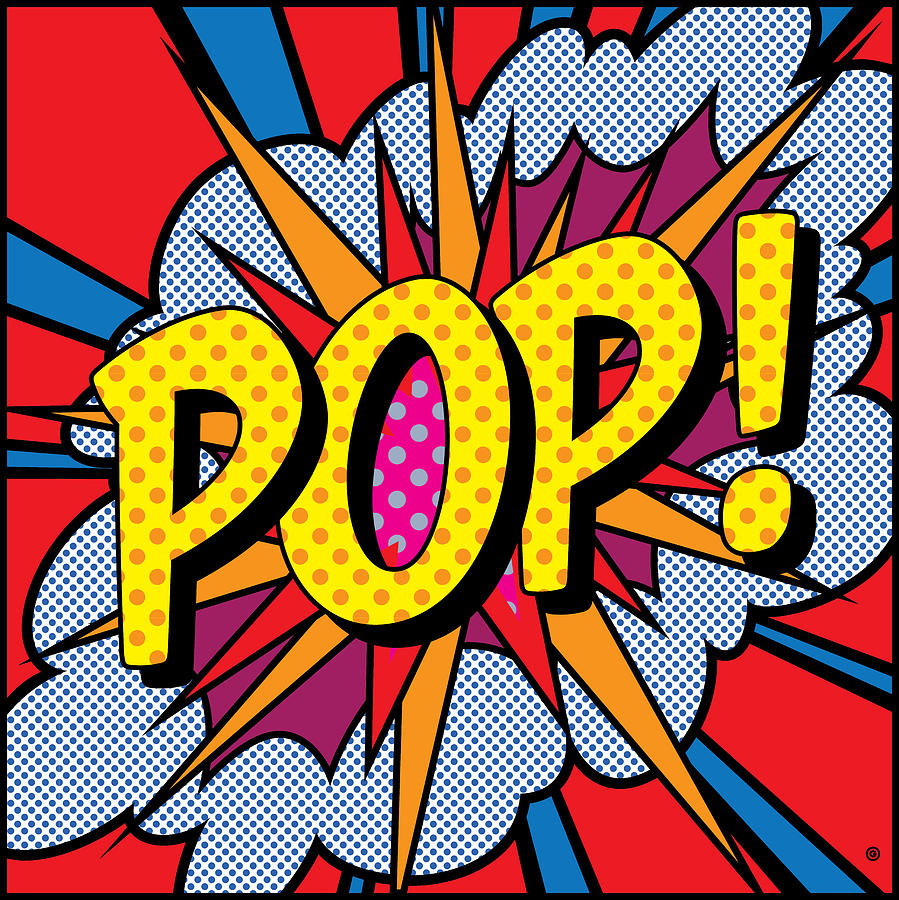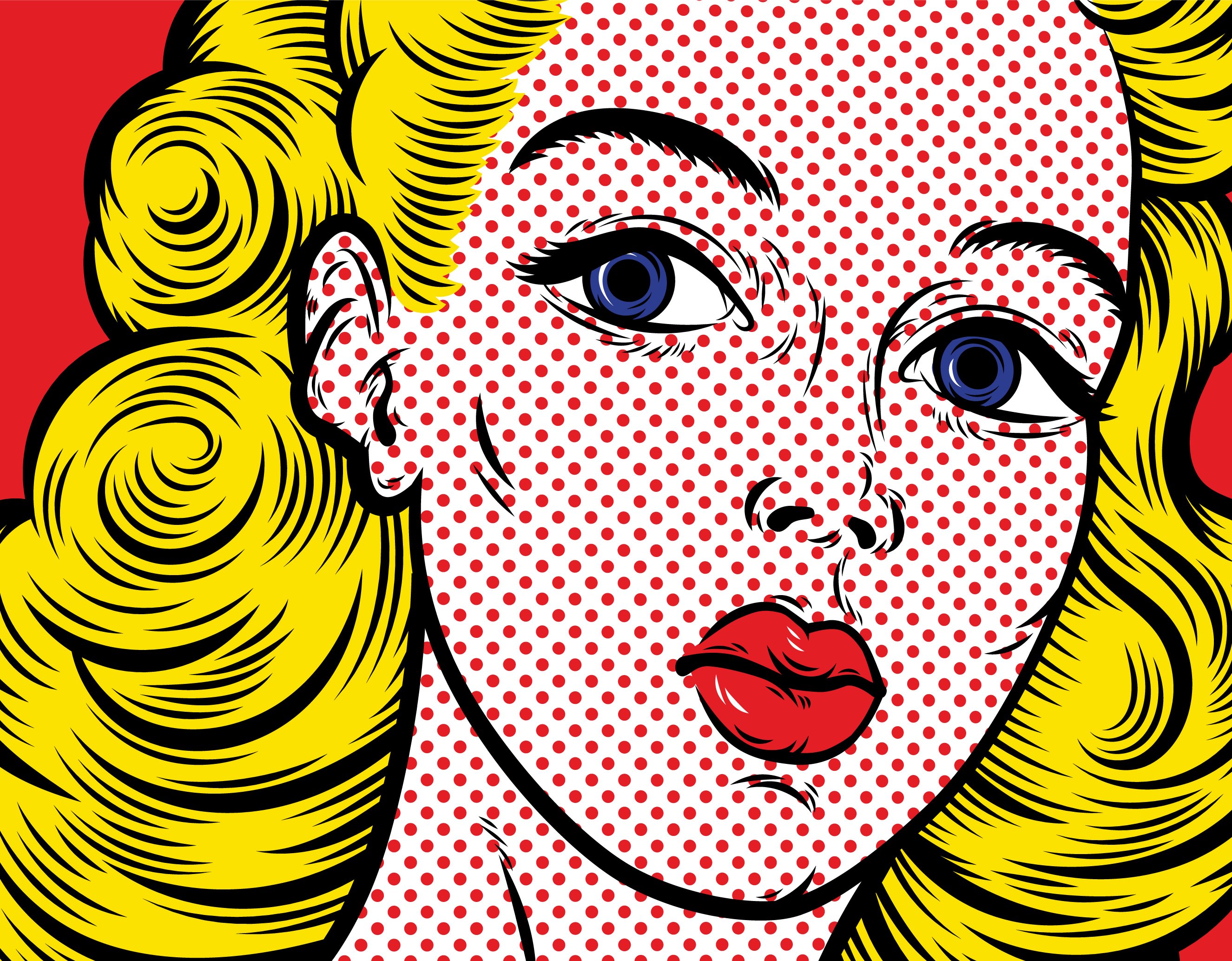When it comes to artistic movements, Pop Art is one that cannot be ignored. This art form emerged in the United States in the 1950s and 1960s, and quickly became a sensation across the world. Pop Art is characterized by the use of bold and bright colors, as well as the incorporation of everyday objects and consumer culture into art. In this post, we explore some of the best examples of Pop Art, and offer tips and ideas for how you can incorporate this vibrant style into your own work.
POP Art - 4 Digital Art by Gary Grayson
Make a Statement with Bold Colors and Contrasting Elements
This digital artwork by Gary Grayson is a great example of how Pop Art can be used to make a bold statement. The use of bright, contrasting colors immediately draws the eye, while the bold lines and shapes add a sense of drama and excitement. To create a similar effect in your own work, experiment with different color combinations and juxtapose seemingly disparate elements together to create a sense of tension and energy.

Breca: Pop Art
Use Everyday Objects to Create Unique Works of Art
This piece by Breca is a great example of how everyday objects can be used to create unique and interesting works of art. By incorporating common items like a hairbrush and makeup palette, Breca has created a piece that is both playful and thought-provoking. To create a similar effect in your own work, consider using everyday objects as the foundation for your piece, and incorporate unexpected elements to create a sense of surprise and intrigue.

Sticky Grammar: Art
Experiment with Textures and Materials
This piece by Sticky Grammar is a great example of how textures and materials can be used to add depth and dimension to a piece. By incorporating elements like collage and paper cutouts, Sticky Grammar has created a work that is both visually interesting and engaging. To create a similar effect in your own work, experiment with different textures and materials, and don't be afraid to layer elements together to create a sense of depth and complexity.
pure hair: Pop Art Inspiration
Embrace the Playful and Whimsical
This piece by pure hair is a great example of how Pop Art can be used to create playful and whimsical works of art. The use of bold, bright colors and stylized forms adds a sense of lightheartedness to the piece, while the incorporation of common objects like scissors and a hair dryer adds a sense of familiarity and relatability. To create a similar effect in your own work, embrace the playful and whimsical, and don't be afraid to inject a bit of humor and personality into your pieces.

Tips for Creating Pop Art
Now that you've seen some great examples of Pop Art, here are a few tips and ideas for how you can create your own works in this vibrant style:
Experiment with Color
One of the defining characteristics of Pop Art is the use of bright, bold colors. To create your own Pop Art masterpiece, experiment with different color combinations, and don't be afraid to use colors that you might not normally think of as "matching."
Think Outside the Box
Pop Art is all about taking everyday objects and turning them into works of art. To create your own piece, think about objects that you use or see every day, and consider how you can incorporate them into your work in a unique and unexpected way.
Use Stylized Shapes and Forms
Pop Art is also characterized by the use of stylized shapes and forms. To create a Pop Art-inspired piece, experiment with different shapes and forms to see what works best for your particular subject matter.
Don't Be Afraid to Have Fun
Finally, when it comes to Pop Art, the most important thing is to have fun and experiment. Don't be afraid to inject a bit of humor or personality into your pieces, and let your creativity run wild.
Whether you're a seasoned artist or just starting out, Pop Art is a style that is sure to inspire and excite. By incorporating bold colors, everyday objects, and a sense of whimsy, you can create your own works of art that are sure to stand out from the crowd. So why not give it a try?
Find more articles about Pop Art Art Forms